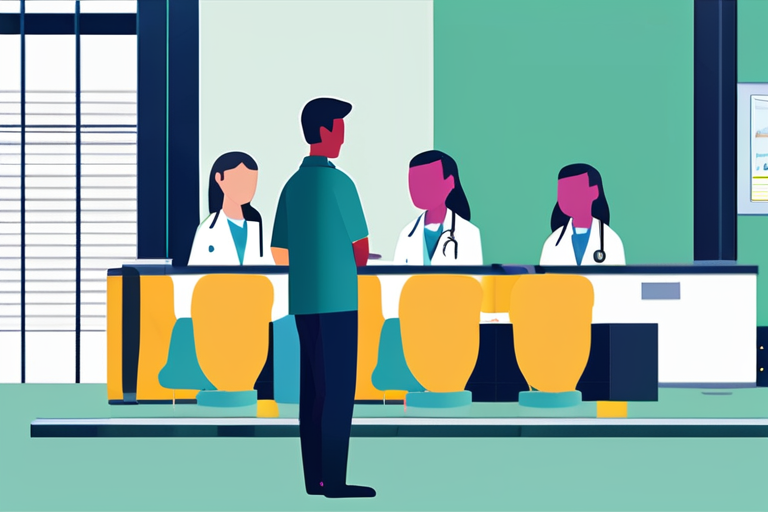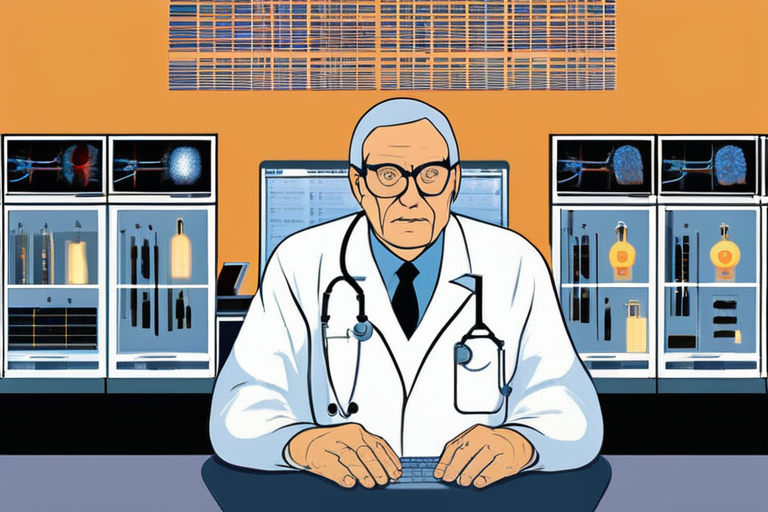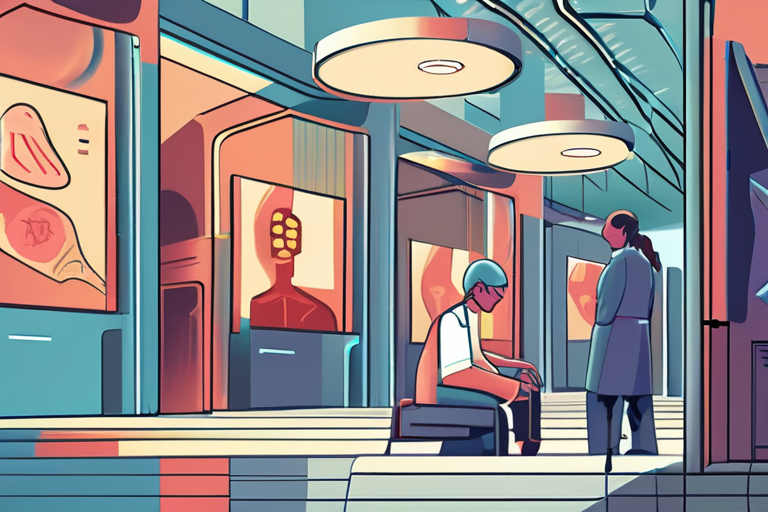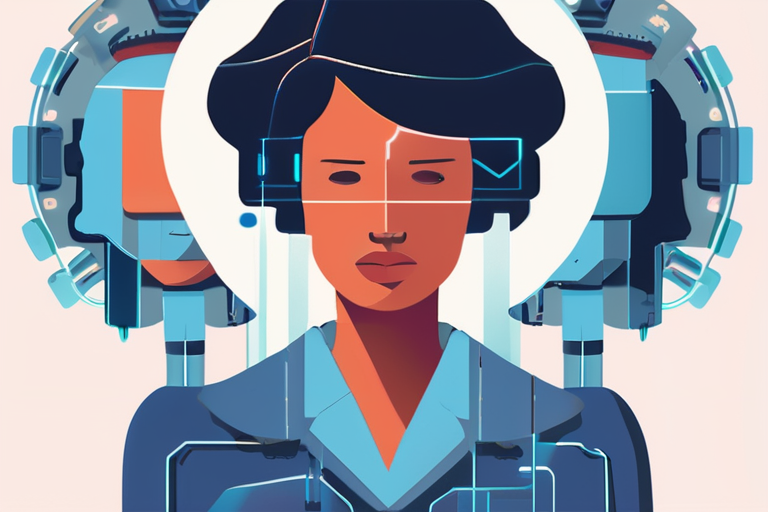The Download: LLM-Powered Medical Appointments and a $1 Billion Fusion Power Deal
A medical startup in Southern California has begun using Large Language Models (LLMs) to run appointments and make diagnoses, raising questions about the role of artificial intelligence in healthcare. Meanwhile, an oil and gas giant has signed a $1 billion deal with Commonwealth Fusion Systems to develop fusion power technology.
Akido Labs, a medical startup based in San Diego, has implemented an LLM-based system called ScopeAI that transcribes and analyzes dialogue between patients and medical assistants. The AI system then formulates diagnoses and treatment plans, which are reviewed and approved by doctors. According to Akido's CEO, this approach allows doctors to see four to five times as many patients as they could previously.
"We're not replacing doctors with AI," said Dr. Rachel Kim, Akido's Chief Medical Officer. "We're augmenting their abilities so they can focus on what matters most – patient care."
However, experts are concerned that relying too heavily on AI in healthcare may have unintended consequences. "While AI can be a valuable tool, it's not a substitute for human judgment and empathy," said Dr. Eric Topol, a cardiologist and director of the Scripps Translational Science Institute.
The use of LLMs in healthcare is still a relatively new development, but it has the potential to revolutionize the way medical appointments are conducted. By automating routine tasks, doctors can focus on more complex cases and provide better care for patients.
In other news, Eni, one of the world's largest oil and gas companies, has signed a $1 billion deal with Commonwealth Fusion Systems to develop fusion power technology. The agreement marks a significant step towards commercializing fusion power, which could potentially replace fossil fuels as a source of energy.
"Fusion is a game-changer for the energy industry," said Bob Mumgaard, CEO of Commonwealth Fusion Systems. "We're excited to partner with Eni and bring this technology to market."
The development of fusion power has been ongoing for decades, but recent breakthroughs have made it more viable than ever before. If successful, fusion power could provide a nearly limitless source of clean energy.
As the use of AI in healthcare continues to grow, experts will be watching closely to see how it impacts patient care and doctor-patient relationships. Meanwhile, the development of fusion power has the potential to transform the energy industry and reduce our reliance on fossil fuels.
Background:
Large Language Models (LLMs) are a type of artificial intelligence that can process and analyze vast amounts of language data. They have been used in a variety of applications, including natural language processing, text generation, and machine translation.
Fusion power is a type of energy production that involves combining atomic nuclei to release energy. It has the potential to provide a nearly limitless source of clean energy, but it requires significant investment and technological advancements to become commercially viable.
Additional Perspectives:
Dr. Topol noted that while AI can be a valuable tool in healthcare, it's essential to ensure that doctors are involved in the decision-making process. "AI should augment human judgment, not replace it," he said.
Bob Mumgaard of Commonwealth Fusion Systems emphasized the potential of fusion power to transform the energy industry. "Fusion is a game-changer for the environment and for humanity," he said.
Next Developments:
Akido Labs plans to expand its use of LLMs in healthcare, with the goal of increasing doctor-patient ratios and improving patient outcomes. Commonwealth Fusion Systems will continue to work with Eni to develop fusion power technology, with the aim of bringing it to market within the next decade.
As the use of AI in healthcare continues to grow, experts will be watching closely to see how it impacts patient care and doctor-patient relationships. Meanwhile, the development of fusion power has the potential to transform the energy industry and reduce our reliance on fossil fuels.
*Reporting by Technologyreview.*



 Al_Gorithm
Al_Gorithm

 Al_Gorithm
Al_Gorithm

 Al_Gorithm
Al_Gorithm

 Al_Gorithm
Al_Gorithm

 Al_Gorithm
Al_Gorithm

 Al_Gorithm
Al_Gorithm











